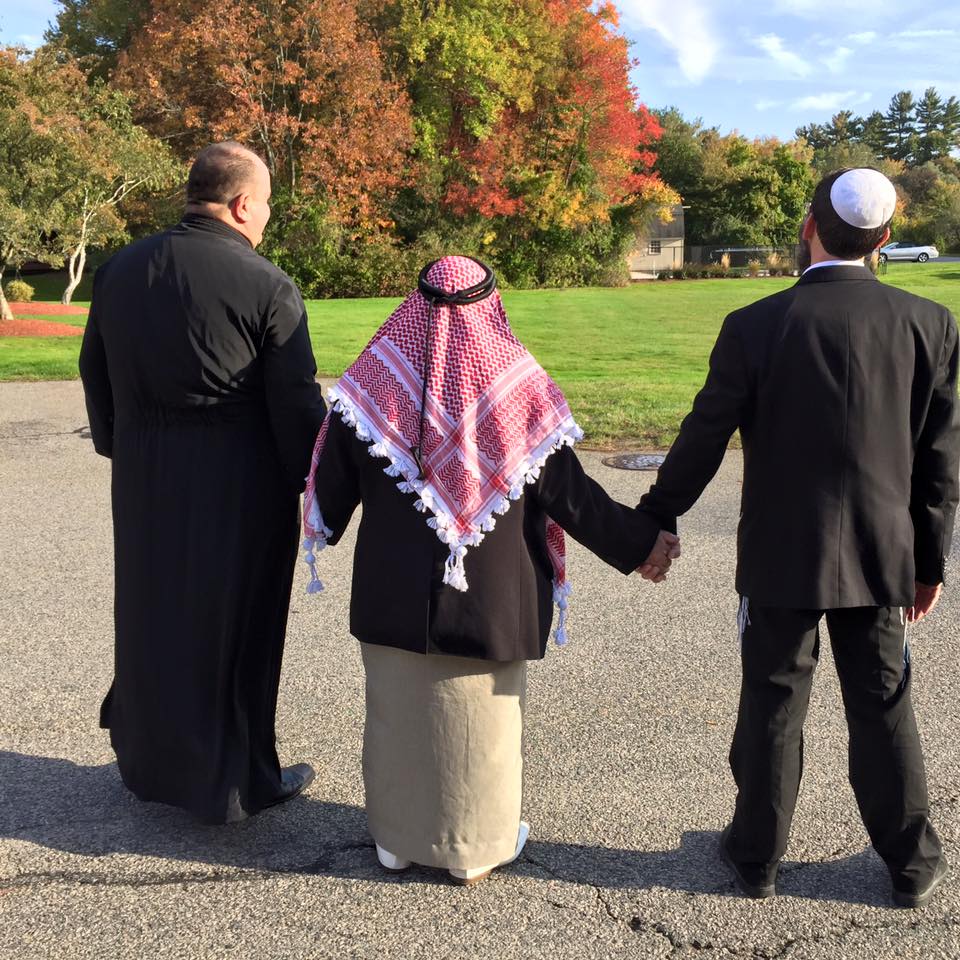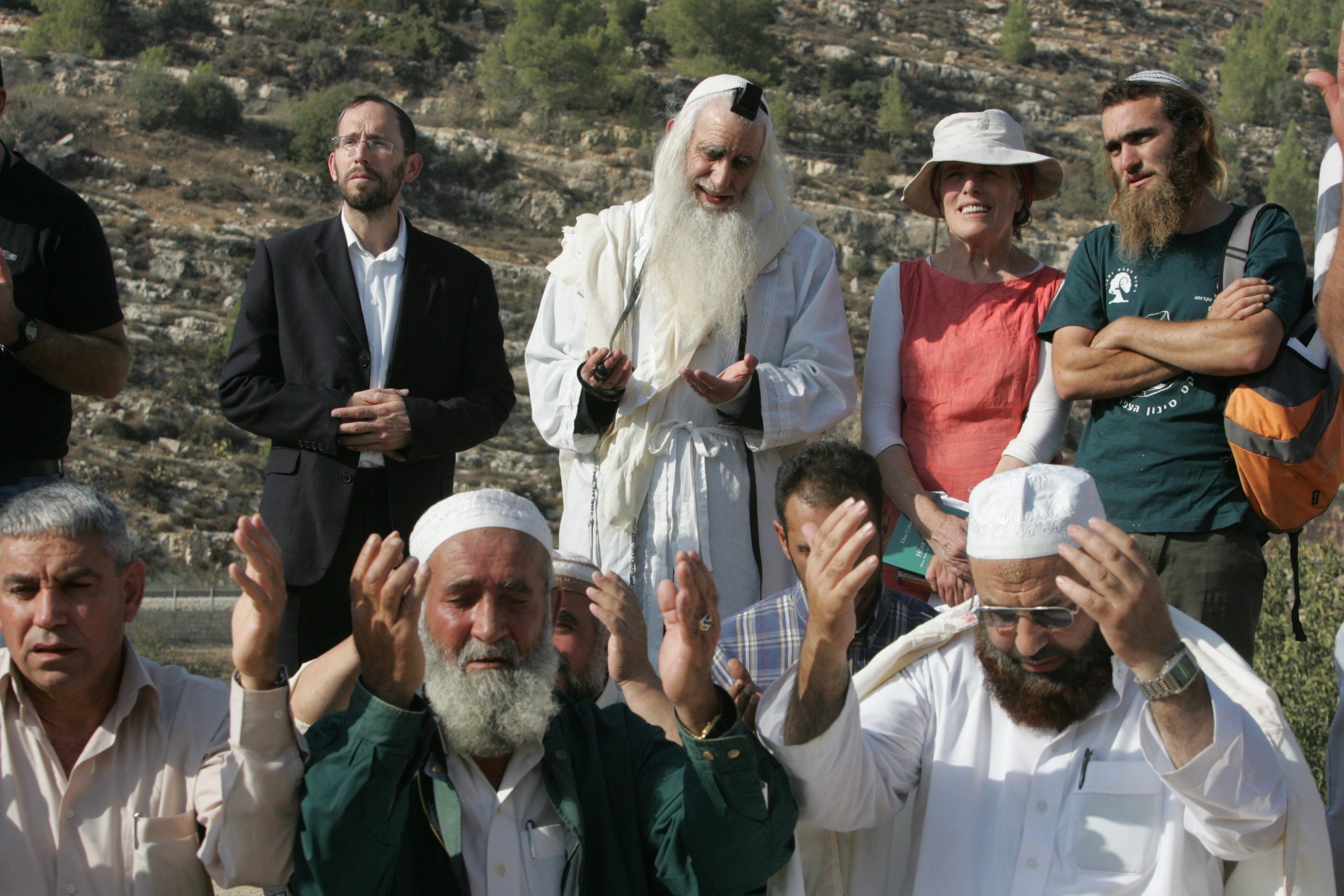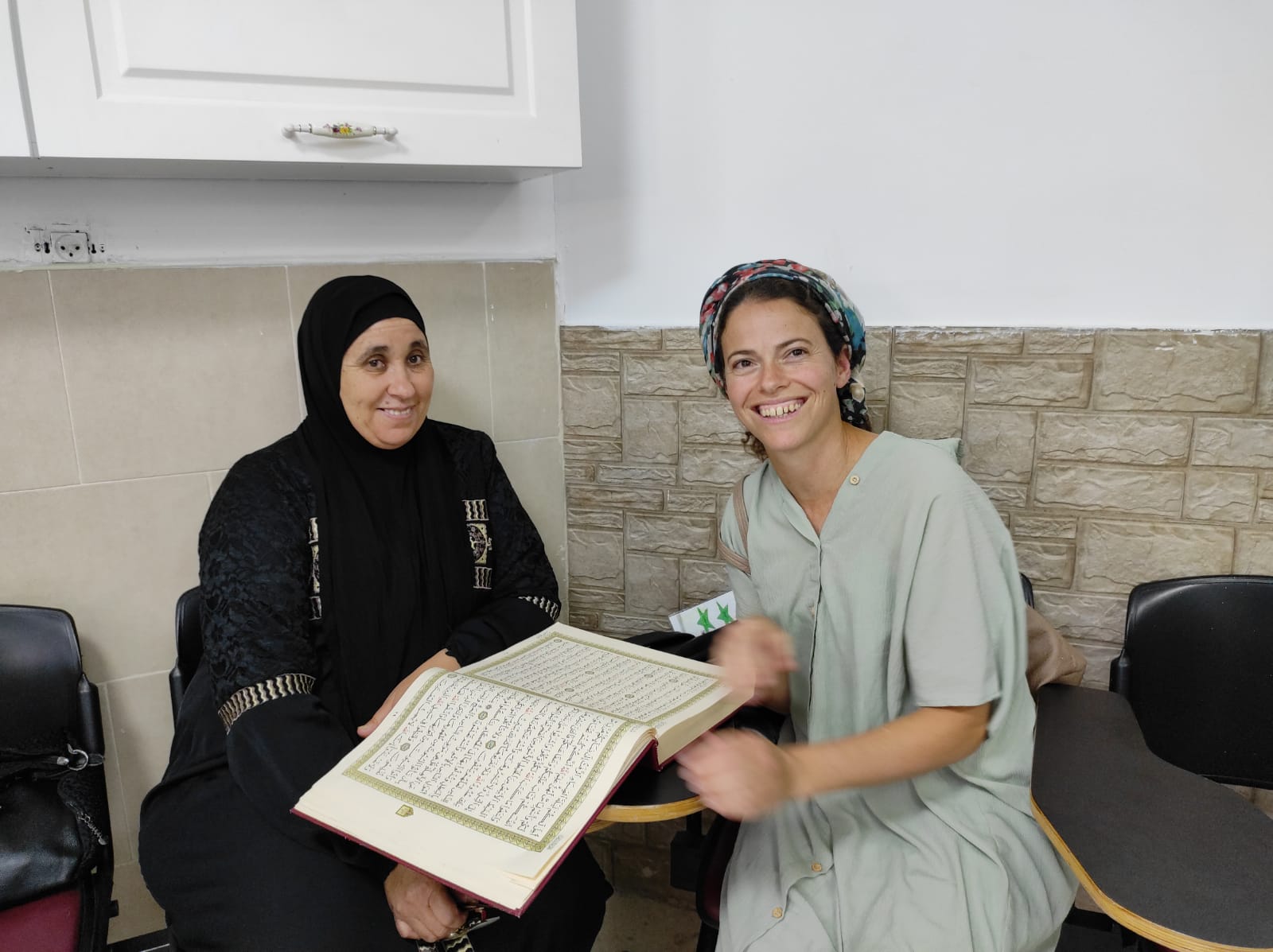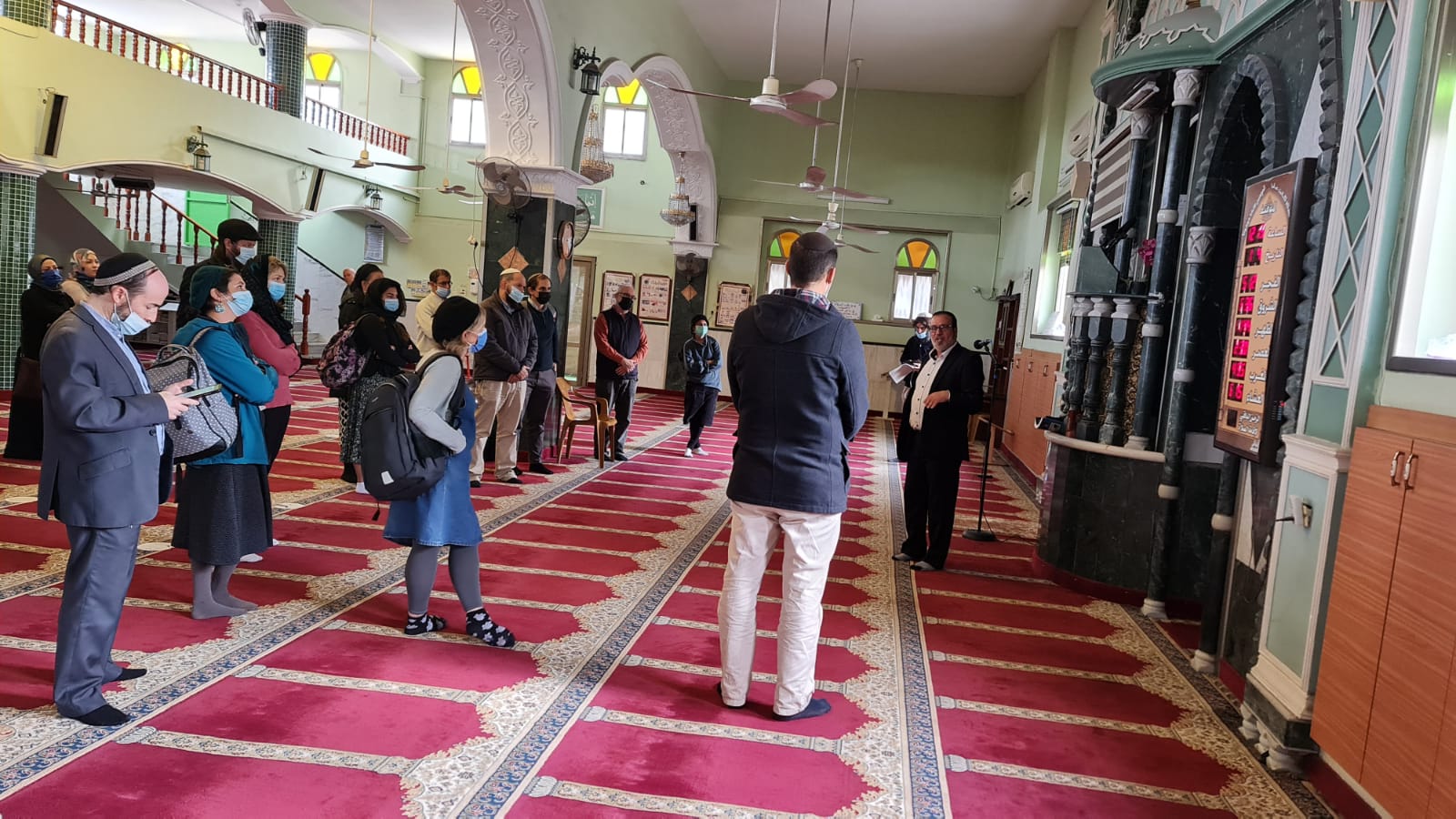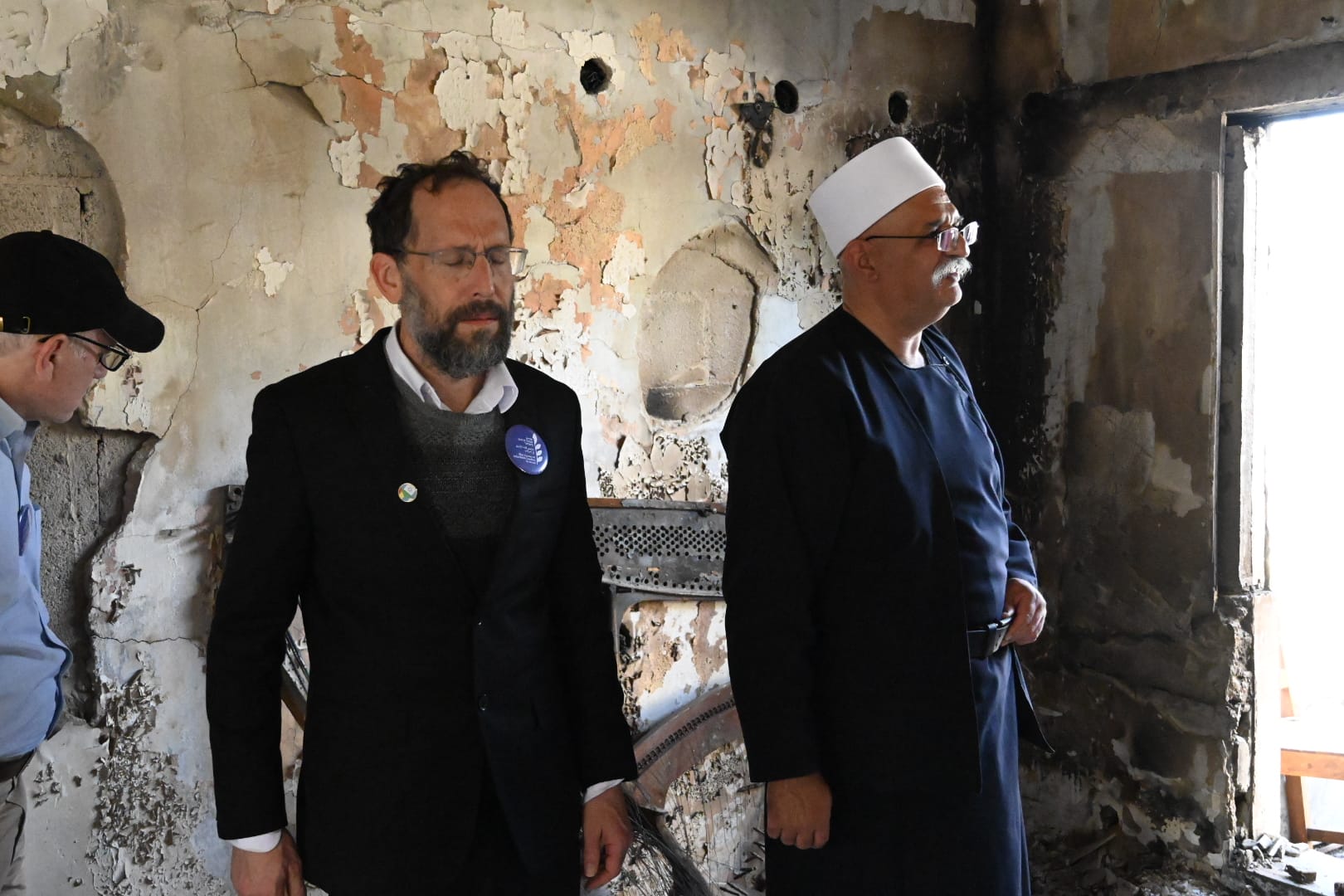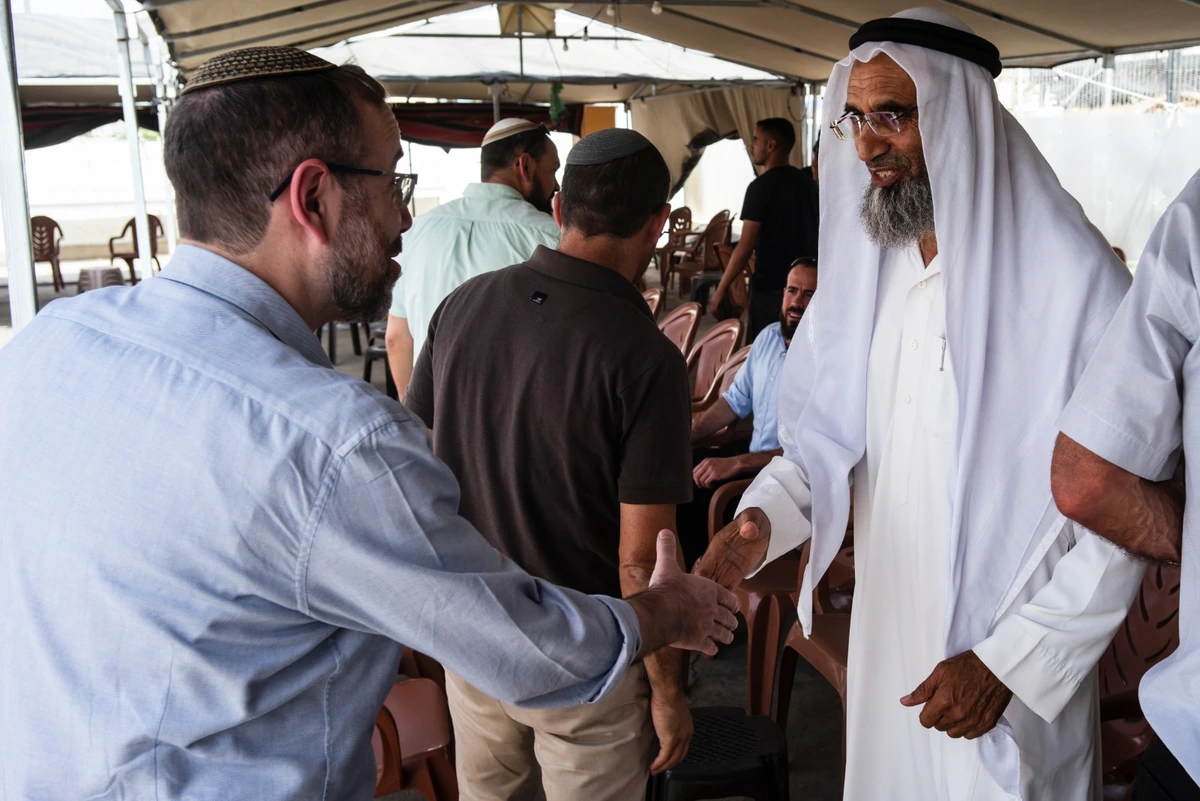Religion is at the core of the conflict in the Middle East, and therefore it must be part of its resolution. Nowhere is this insight more apropos than on the Temple Mount/Al-Aqsa, which continues to be a source of religious tension. Yet, ultimately it is this very site, sacred to the Abrahamic religions, that reflects the essence of that which connects us all.
Rabbi Elijah Benamozegh interpreted the closing verse of the prophets in the Bible (Malachi 3:24) that envisions a reconciliation between fathers and sons as a vision of hope for the future relationship between Judaism and the religions it spawned — Christianity and Islam. From the Muslim perspective, the Quran honors the religiosity of Jews and Christians, referring to them as “People of the Book” (Ahl al-Kitāb). Jewish rabbinic literature values Islam for its belief in the unity of God. What better location is there for reconciliation between monotheistic faiths than the Temple Mount/Al-Aqsa? For millennia this place has inspired with God’s vision of “… My holy mountain… for My house shall be called a house of prayer for all peoples.” (Isaiah 56:7)
The current reality offers a stark contrast to that vision. Deadly terror attacks spiraling from tensions concerning Al-Aqsa have claimed many lives, that for me includes neighbors, students, and friends. The violence in turn leads to security measures which Muslims perceive as infringing on their access and dignity, a grievance which leads to days of rage, terror attacks, and violent clashes with the police causing casualties and suffering on all sides. The fear of provoking violence has led to a ban on Jews praying or making any expression of religiosity on the Temple Mount — Judaism’s most sacred site.
To return the Temple Mount/Al-Aqsa from being a source of sacrilege to that of sanctity will happen through religious dialogue between both sides. Religious problems need religious solutions. Each tradition needs to express to the other their essential needs and concerns as well as to acknowledge those of the other. Understanding these sensitivities can lead to overcoming fears of each other. The core of mutual understanding must be accepting that that not everything is a zero sum game — more connection to the sacred site of one side does not mean less connection for the other side.
This recognition can lead to new solutions and breakthroughs in impasse. The tipping point will be achieved when both religions realize that the other faith does not pray to their God but to our God. An understanding that their presence and prayers do not detract, but enhance the sanctity of the site. The meeting between recognized leading religious leaders could itself change the dynamics as the subtext of the encounter is an acknowledgment of the legitimacy of each other’s religiosity.
The status quo at the Temple Mount\Al-Aqsa is that the Muslim Waqf administers the site, while the Israeli police are in charge of security. Muslims come to worship and any tourists or religious factions, who are forbidden to pray, visit during restricted hours. From an Arab-Muslim perspective the most problematic aspect of this arrangement is not per say that there is security, but that Israel — a non-Muslim country — has a tangible expression of control over Islam’s third most a sacred site. From a Jewish perspective, the current arrangement denies Jews to pray at their most sacred site, which for millennia they aspired to return to.
Israel must retain responsibility for the security on what is arguably the most incendiary place on earth. Moreover, since the Temple Mount towers directly above the Western Wall, security for worshipers at the wall requires security above. However, I propose for Israel to create a special security force unique to the Temple Mount/Al-Aqsa. A force that would not wear any national insignia, but instead would have a uniform reflective of the sacred site it protects. Efforts should be made for the force to be multinational and most importantly multi-faith — Muslims, Jews, and Christians.
The presence of this special force will reimagine the current tension created when a Muslim worshiper is inspected by a uniformed Israeli policeman — reframing the connection made between security and sovereignty. Jews will also receive the right to express themselves in prayer on the Temple Mount. This gives the Jewish people a more robust religious connection which will take the place of the current symbolic political connection.
That a dialogue could exist between religious leaders of both sides is not a pipe dream. In fact this year there was a summit, hosted by Spain, with Israel’s leading rabbis alongside leading Palestinian and Arab-Israeli religious leaders. The joint statement they issued affirmed the connection of the three Abrahamic religions to the Holy Land, condemned in religious terms all violence and incitement and took upon themselves to “relentlessly seek peace in the Land”.
If a breakthrough can be achieved in this deepest rooted issue, perhaps in other issues of the Arab-Israeli conflict as well religious identities can be a bridge to new solutions. Rabbi Jonathan Sacks has defined the role of religion as not to control life but to bless it. If in this conflict both sides seek to control, both will lose. If everyone seeks to bless, all will be blessed.


